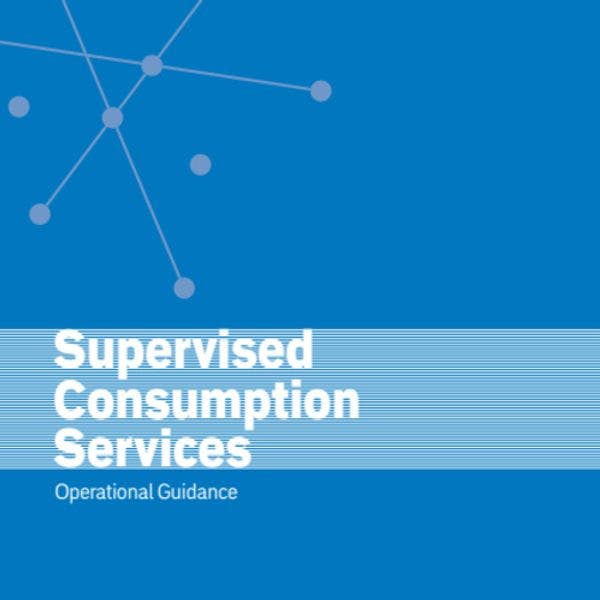Supervised consumption services: operational guidance
Supervised consumption services (SCSs) provide hygienic environments in which people who inject drugs (PWID) can inject illegal drugs under the supervision of a health care professional (or a trained allied service provider or peer),1 without the risk of arrest for drug possession. SCSs are part of a continuum of services that address drug-related harms, such as needle/syringe distribution programs, and complementary drug treatment programs, such as withdrawal management, opioid agonist treatment (OAT), and recovery-focused programs (Potier et al., 2014). There are different ways to plan, design and implement a SCS and many issues to consider with respect to the target client population, existing network of services for PWID, and resources available, including funding, space, and staff. SCSs range considerably in size, structure, and staffing.
These guidelines outline and address a range of questions and issues to consider when planning SCSs, as well as examples of existing facilities world-wide. The guidelines are based on the existing evidence, best practices, and lessons learned from SCSs that already exist in British Columbia and elsewhere. However, each SCS is unique, and each potential service must be modified for the specific context in which the service is provided. The goals of these guidelines are to provide health care professionals, service providers, policy makers, peers, advocates, and other stakeholders with the tools to:
• Articulate a rationale for implementing a SCS in their locality, including determining need and feasibility;
• Define organizational goals and objectives of implementing a SCS;
• Plan an overall model of the facility based on need and feasibility;
• Map the range of services that the facility will offer, based on need and feasibility;
• Articulate the role and linkages of the SCS to the broader network of health and care services available in the locality; and
• Operate a SCS, including recommendations for staffing, clinical protocols, and safety policies.
Keep up-to-date with drug policy developments by subscribing to the IDPC Monthly Alert.
